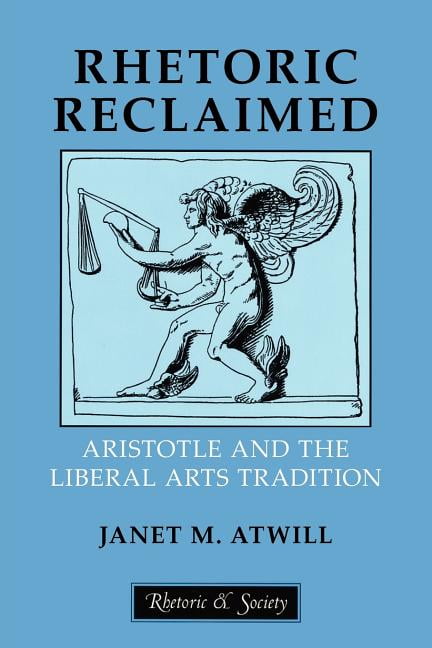
One noble exception is Slate's Jack Shafer, who probably goes further than I would when he writes, "Any call to cool 'inflammatory' speech is a call to police all speech, and I can't think of anybody in government, politics, business or the press that I would trust with that power." No doubt this will cause eye-rolling among those who simply want to keep the focus on demonizing conservatives and never bother to think ahead about the consequences of their misplaced hysteria. But we understand that we don't blame books for the rare demons who feed on them. If books can inspire us positively, surely they can inspire us negatively, too.
#Liberas rhetoric tv
When the subject of censorship or the "chilling" of free expression comes up in other contexts, the very idea that books, movies or TV can be blamed for the actions of the criminal or the deranged is met with unbridled scorn. That they are pressing on regardless shows a strong commitment to this country's interests.Mark David Chapman, who murdered John Lennon, claimed to be in part inspired by "Catcher in the Rye." Should that be banned? Or if not banned, should we "dismiss" from public life anyone who doesn't denounce J.D. Seeking to cut into the Liberals' ethnic support base, the Tories surely anticipated how their opponents would misrepresent their policies. While there is room for compassion in some family cases, the priority should be to strengthening the Canadian work force - an opportunity missed when skilled applicants spend years waiting for forms to be processed. Immigration policy, not to be confused with refugee policy, should first and foremost fit Canada's needs.

This will not sit well with some ethnic communities, for whom the Liberals have made sacred the right to bring in aging parents and grandparents. Finley might use her new powers to prefer "economic migrants" - i.e., skilled immigrants - over those applying on grounds of "family reunification." It could really affect the type of immigrant accepted, and Ms. This will not reduce the number of applications accepted if anything, it may accelerate that number's rise. Now, the Conservatives are proposing a bolder reform, one that will allow the immigration minister to set limits to the number of applications processed each year, and to prioritize those applications by category. The Liberals themselves announced in 2002 that they would raise the admission standards in hope of easing the backlog, then promptly backed off amid the ensuing outcry. A backlog of 50,000 applications when the Liberals took office in 1993 grew to 800,000 by the time they left it 13 years later, and now sits even higher. And the reforms introduced on Friday stand to make it easier for deserving applicants to get in.Īt present, many applicants must wait as long as six years for their cases to be processed. Nearly 430,000 temporary and permanent residents were admitted last year, more than 60,000 more than four years earlier. But the Tories show no evidence of an anti-immigration bias. Seeking to shore up their support in minority communities, they seize any opportunity to reinforce ethnic voters' mistrust of conservative parties. "Why does insist on closing Canada's doors to the newcomers we desperately need to fuel our labour and our population growth even though history shows this is absolutely the wrong approach?" Liberal MP David McGuinty echoed.


"The Conservatives are shutting the door on immigration because they fail to understand its importance to our labour markets and our nation-building," Liberal immigration critic Maurizio Bevilacqua intoned. No sooner had it been reported last week that the Conservative government was set to introduce immigration reforms than the Opposition pounced on it as evidence that the Tories want to exclude newcomers.


 0 kommentar(er)
0 kommentar(er)
